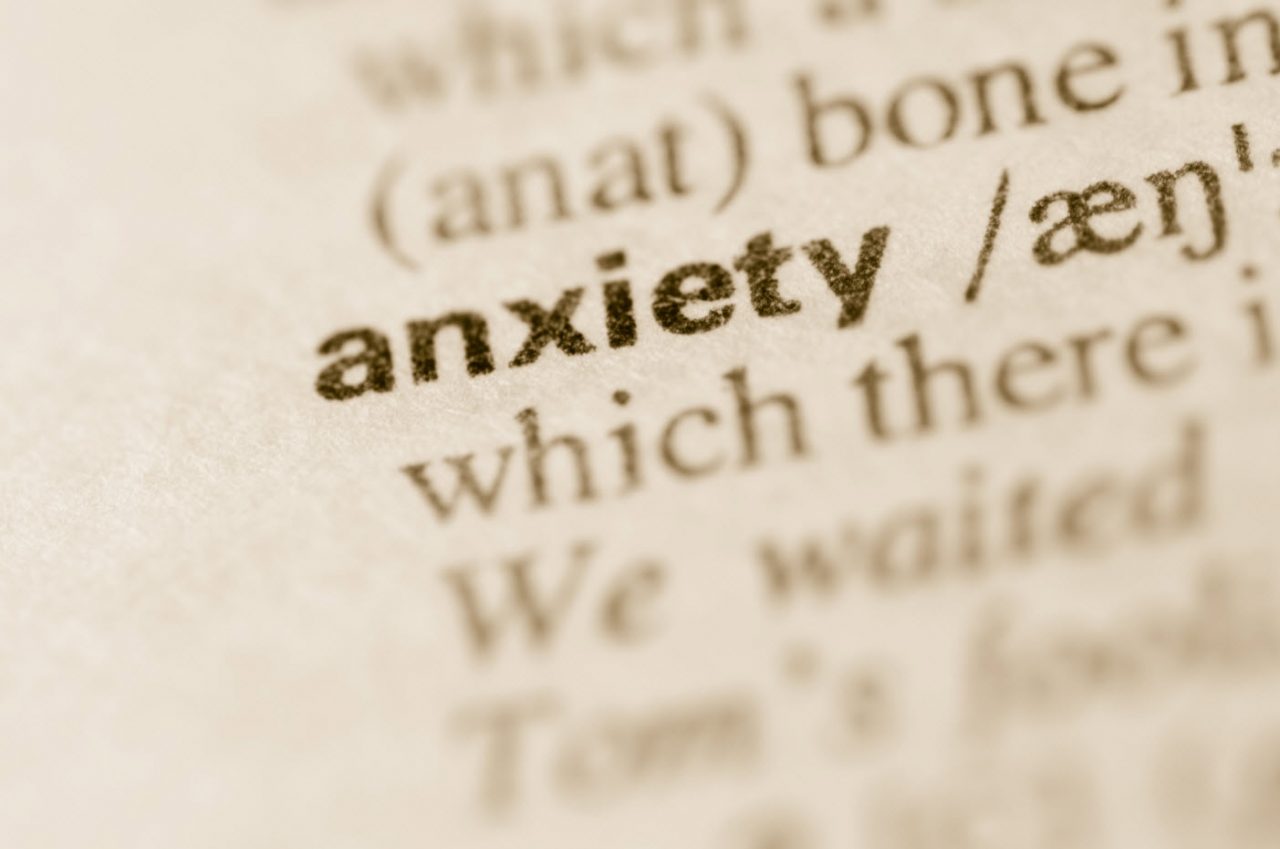Do we experience more mental health disorders during the holidays? Not really. The popular belief that rates of clinical mental health issues spike between Thanksgiving and New Year’s has been disproven time and again.
But that doesn’t mean that many of us don’t feel more anxious as we fret over the Thanksgiving turkey, rush around to do our last-minute Christmas shopping and prepare to host New Year’s Eve parties. The demands on our time, decreased hours of daylight and lapses in diet and exercise habits all conspire to derail our health, happiness and wellbeing – potentially making for some less than happy holidays.
When we are anxious, we activate the same hormonal and biochemical pathways that have kicked into gear since our ancestors first fled hungry lionesses. That “fight or flight” stress response is only meant to last long enough to get us safely back to our caves. But in today’s world, we are in a constant state of heightened anxiety – ever-buzzing text messages, traffic on the 405, work, family. The lioness is always hungry, and she never seems to let up.
Chronic stress has dangerous long-term health consequences that range from an elevated risk of contracting the flu to a greater risk of heart attack. That is why making spirits bright won’t just help you enjoy the holidays, it will protect your long-term health and wellbeing.
One of the most powerful tools you can use to combat anxiety during the holidays is a calendar (preferably not the chocolate-filled advent kind). By pre-planning and organizing, you avoid those last-minute situations that can elevate your stress levels. A well-organized schedule also means you’re more likely to find a way to accommodate much-needed exercise.
Of course, a calendar alone will not eliminate all holiday stress. When you do feel anxiety, try to turn inward to help steady yourself against the external forces that try to influence your mood and wellbeing.
Researchers have found a few helpful and surprising tips:
Be kind. One study of over 700 participants found that people who performed a daily compassionate action saw an improvement in short-term and long-term mood. Whether it is for someone at home, at work, or in the street, make it a point to perform at least one thoughtful action for another person. A smile can be infectious.
Keep good company. Being around individuals who have high levels of anxiety will drag you down. It is okay to decline an invitation to a party where you feel you might be in negative company. As motivational speaker Jim Rohn famously said, “You are the average of the five people you spend the most time with.” Spend time with people who uplift you, and you will find yourself – unsurprisingly – uplifted.
Breathe deeply. Belly breathing (or diaphragmatic breathing), during which the abdomen rather than the chest expands when breathing, has been shown to decrease heart rate and blood pressure, suggesting that it is countering the stress response. It is interesting to note that animals that breath fast and shallow tend to have shorter life spans than animals that breath slow and deep. I recommend that patients take 10 deep breaths prior to each meal to get in the habit of making time for this.
Come back to the present moment. Research has shown that participants who meditate consistently over an eight-week period report a decrease in symptoms related to both anxiety and depression. Websites and community meditation and mindfulness programs, like those offered at Hoag, can help you incorporate mindfulness into your busy day.
We’re often told this is “the most wonderful time of the year.” And as long as we keep a healthy psychological distance from modern-day hungry lionesses, it really will be.



